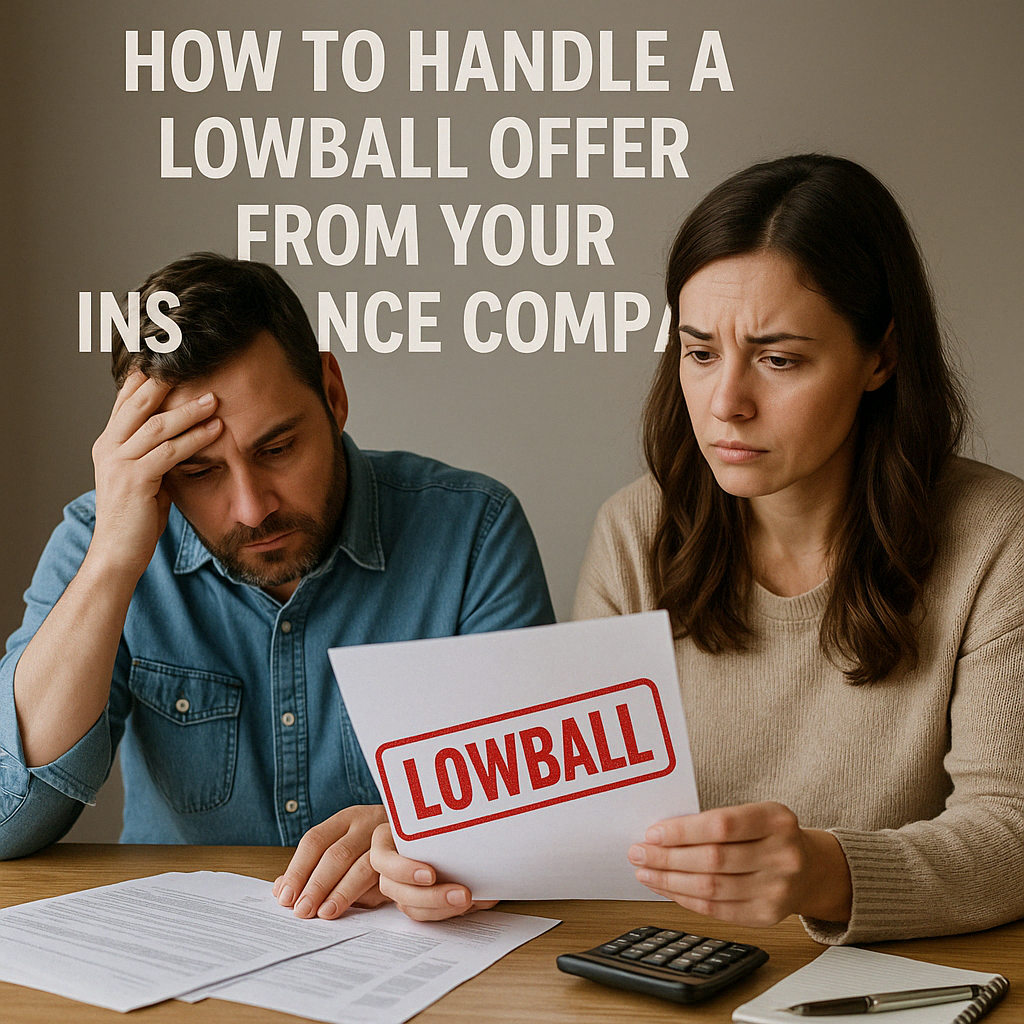When you and your insurance company can’t agree on the value of your property damage, there’s a built-in dispute resolution option available in many homeowner and commercial policies: the appraisal process. Though often misunderstood, this process can be a powerful tool for policyholders—if it’s used correctly.
In this article, we’ll walk you through the basics of the appraisal clause, how an umpire fits into the picture, and what to watch out for during the process.
🔍 What Is the Appraisal Clause?
Most property insurance policies include a clause stating that if the insurer and policyholder disagree on the amount of loss (not coverage), either party can demand an appraisal.
Here’s how it works:
- You choose an appraiser, and your insurance company chooses one as well.
- The two appraisers attempt to reach an agreement on the value of the loss.
- If they can’t agree, they select a neutral umpire.
- Any agreement signed by two of the three (your appraiser, their appraiser, or the umpire) is binding on both parties.
The goal is to remove bias and reach a fair value without court involvement—though it doesn’t always work out that way.
⚖️ The Role of the Umpire
The umpire acts like a tiebreaker. If the two appraisers can’t come to terms, the umpire reviews both sides’ valuations and makes a decision—ideally a compromise that lands closer to the true value of the damage.
Umpires should be neutral, experienced in property loss evaluation, and free of any conflict of interest. But here’s the catch: some insurance companies push for umpires who are known to side with insurers. That’s why it’s crucial for your appraiser to stand firm during the selection process.
💡 When Should You Consider Appraisal?
Appraisal is appropriate only when the dispute is about the value of the loss, not whether the claim is covered.
Appraisal may be the right path if:
- The insurance company agrees there is damage but offers too little.
- You and the adjuster disagree on how much it will cost to repair or replace.
- There’s a significant gap in estimates, and negotiation has stalled.
However, don’t invoke appraisal too early. It locks you into a process that removes your right to litigate the value of your claim in court.
⚠️ Watch Out for These Pitfalls
- Coverage Disputes: If the insurance company is denying coverage entirely, appraisal is not the right forum. That’s a legal issue, not a valuation issue.
- Biased Appraisers: Your appraiser should be independent and experienced—not just a contractor or friend.
- Bad Umpire Choices: Don’t let the insurer rush you into approving their preferred umpire without doing your homework.
- Binding Results: Once two out of the three agree, the decision is final. There’s no appealing it unless you can prove fraud or misconduct.
👨⚖️ Do You Need an Attorney?
While you’re not required to have a lawyer during the appraisal process, having one on your side can protect your rights—especially when selecting your appraiser, negotiating umpire candidates, and determining whether appraisal is even the right option.
At The Insurance Law Firm, we’ve helped Tennessee policyholders through the appraisal process—and we’ve guided them in deciding whether appraisal is appropriate.
🏡 Final Thoughts
The appraisal and umpire process can be a fair and efficient way to resolve insurance disputes—but only if handled carefully. Before invoking appraisal, make sure you fully understand your policy, the dispute at hand, and the risks involved.
If you’re unsure whether appraisal is the right move, or if you’re already in the process and need help, contact us at The Insurance Law Firm. We’re here to level the playing field.




